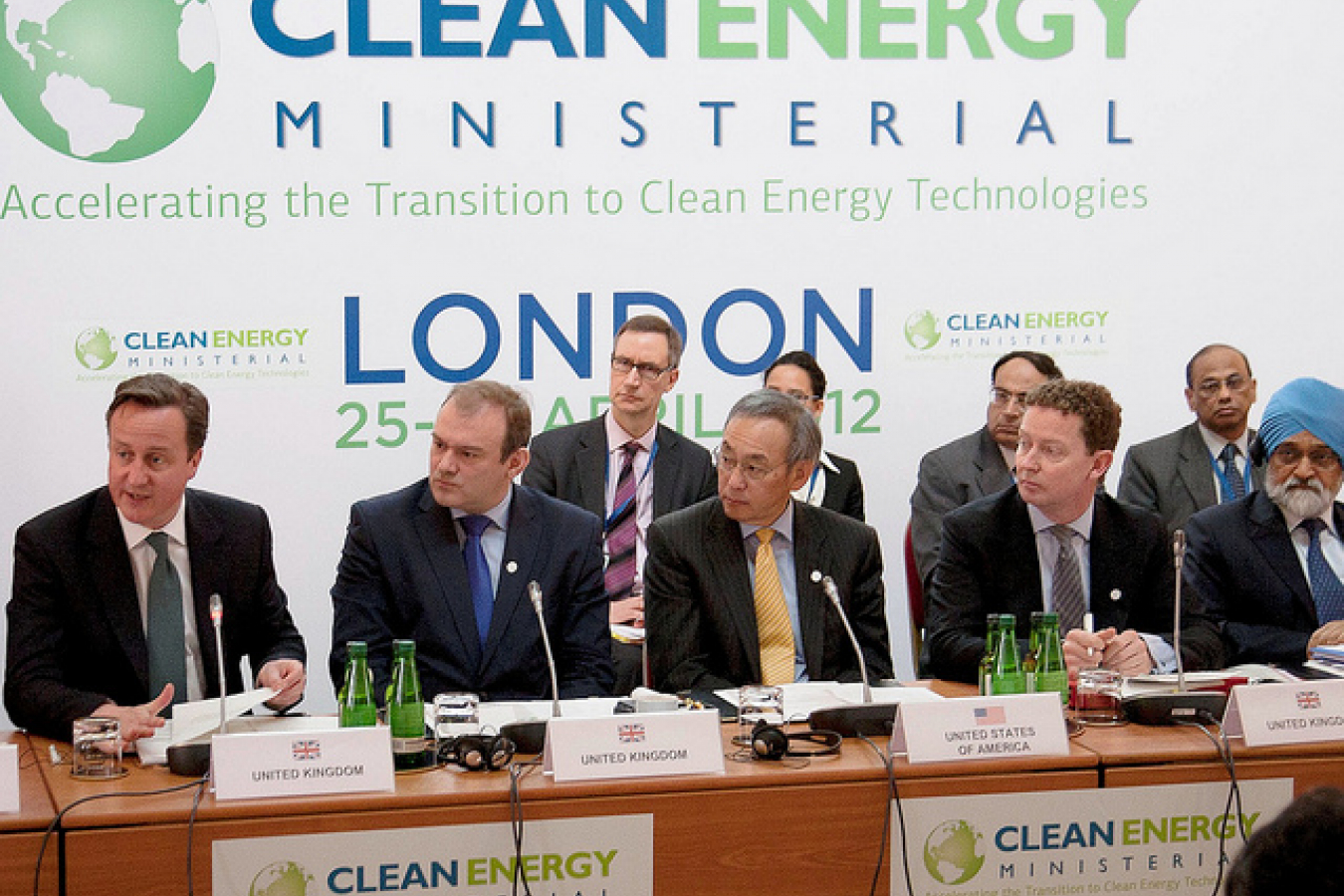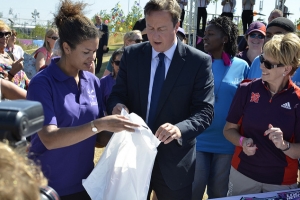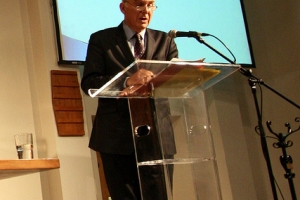Support migrant centric journalism today and donate

Ken Clarke, one of the "towering figures" of UK politics over the last forty years has warned his party, the Conservatives, not to become 'hysterical' over the issues of immigration and the UK's membership of the European Union. If they do, he warns, they will lose popularity.
In an interview given shortly after resigning from the Coalition government, Mr Clarke warned Prime Minister David Cameron that attempting to look tough on immigration could alienate voters and cost the Conservative Party seats at the next election to be held in May 2015.
Polls show that cutting immigration is popular with the British electorate. Mr Cameron came to power in 2010 promising to cut immigration into the UK from the then level of around 250,000 per year to 'tens of thousands' annually by the next election. Since then he has introduced numerous steps to try to reduce the total.
Immigration measures
His government has- Closed the Tier 1 (General) visa stream. This visa allowed skilled professionals to work freely in the UK for any employer.
- Closed the Tier 1 (Post Study Work) visa stream. This visa allowed foreign graduates of UK universities to work in the UK for any employer for two years after graduation.
- Imposed an annual cap of 20,700 on the number of Tier 2 (General) skilled worker visas. (The cap has never been reached so the government says that this has not damaged the economy)
- Closed 750 'bogus' colleges which were, the government said, 'selling immigration not education'. The government revoked the sponsorship licences of these colleges thereby preventing them from teaching people who require a Tier 4 visa; Non-EEA Citizens
- Introduced a minimum income requirement of £18,600 for any British national or permanent resident wishing to bring their spouse to live with them in the UK.
After some initial success, in reducing the net immigration total – the annual net total fell to 157,000 last September, the figure has been rising again and has now risen to about 210,000.
Failure
Mr Cameron's immigration policy is, according to some commentators, a failure. The Conservative Party is now facing competition for the 'anti-immigration vote' from the right-wing UK Independence Party which promises to limit immigration by withdrawing the UK from the European Union.At the recent elections for the European Parliament, UKIP had the greatest number of votes with 27.5% of the total vote. It took 24 of the UK's 73 seats in the parliament.
Mr Cameron's campaign strategist, Lynton Crosby, has advised Mr Cameron to act to win back the supporters who have left the Conservatives for UKIP.
Limiting benefits
Mr Cameron has recently announced measures to limit the rights of EU nationals to benefits in the UK. He and Home Secretary Theresa May recently staged a photo opportunity at a house in Slough, west of London, after four suspected illegal immigrants had been arrested.He seems to have calculated that this will win support for his party at the next election. Mr Clarke warns him that he is wrong.
Mr Clarke does not say that the party should not attempt to limit immigration but warns that it should not focus on those issues at the expense of all others. That, he said, will alienate moderate voters and lose votes.
Balance
He said that the Conservative Party should 'strike a balance' between different issues rather than allow itself to become swept up in 'hysterical, high-pressure campaigning'.Mr Clarke has always been on the left of his party and a pro-European Conservative. He warned Mr Cameron that 'a campaign on Europe and immigration is a way of losing what should be safe Conservative seats'.
He said that, rather than pandering to people on the right of politics, to win an election the Prime Minister should try to attract moderates from the centre left. In short, he believes that elections are won by the party that can attract moderates, not extremists.
Need to attract floating voters
He said 'Every political leader has always known that simply cheering up your more hard-line activists is no way to win an election. The point of an election is to attract to you people who might otherwise vote Labour or Lib Dem'.Mr Clarke first became a minister in the government of Edward Heath in the early 1970s. He was a minister in the governments of Lady Thatcher and Sir John Major and also served in the Coalition government headed by the Conservative Prime Minister David Cameron.
He resigned from the Cabinet in July. He has held most of the highest positions in UK politics including Health Secretary (1988-1990), Education Secretary (1990-92), Home Secretary (minister for law and order, immigration and national security)(1992-93), Chancellor of the Exchequer (finance minister)(1993-97), and Lord Chancellor (minister for Justice) between 2010 and 2012.
Big Beast
Mr Clarke was dubbed a 'big beast' of British politics because he was a larger-than-life figure who was at the top of British politics for many years but his pro-European views meant that he never became leader, despite standing for the leadership on three occasions.He was consistently found in polls to be more popular than the Conservative Party and many commentators believe that the Conservatives might have returned to power earlier than they did if he was leader, rather than Michael Howard, William Hague or Iain Duncan Smith, who were leaders of the Tory party at various times during the Tony Blair years.
If you would like to apply for a visa WorkPermit.com can help. WorkPermit.com is a specialist visa consultancy with 25 years of experience dealing with visa applications. We can help with a wide range of visa applications to your country of choice. Please feel free to contact us for further details.





















